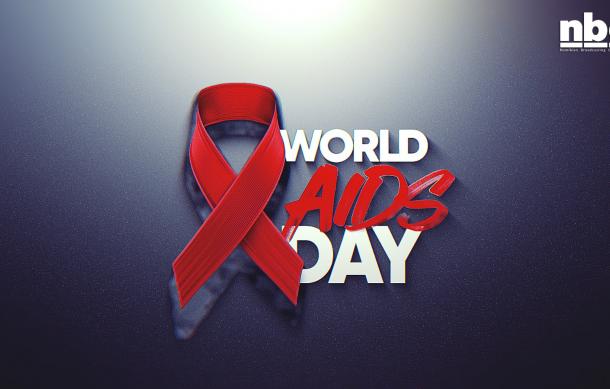
As the saying goes, "testing positive for HIV is not a death sentence."
This is a testament to 48-year-old Bernhard Kamatoto, who has been living with HIV for the past 24 years.
1999 was the year Kamatoto tested positive for HIV at the age of 25.
But he could've been living with the virus longer, as he only found out when he was required to test for his boxing match.
As if testing positive wasn't enough, Kamatoto had to kiss his boxing career goodbye.
Fear of being stigmatised and doubt crept in for the young Kamatoto, but today, he shares an inspiring story as he lives to be a beacon of hope for others, especially with the support of his family and community.
Having started his ARV treatment in 2006 due to a low CD4 count, Kamatoto's viral load is now suppressed.
"Even if I go for a test, it shows that I'm negative, meaning that I don't have the risk of infecting my partner. I don't have anything special in my body, but I only know what to do in accepting my body to see what is the best way to live longer, what is the best way to assist other people around me not to be infected with HIV to live longer like me, and I also don't dwell on the questions of why me, or when, that is already passed."
Kamatoto is also pleased with the transition and convenience of ARV treatment over the years, saying it has made life easier.
He further commended the government for providing free treatment for HIV patients.
"Today we are only taking one treatment per day. During the day or night, It depends on you. In the past, one would have had to take three tablets, but today we are down to one. And the improvements are still going on in HIV, and I feel that my dream is that after 10 years we won't be talking about HIV."
While expressing worry about Namibian men who default on their ARV treatment, Kamatoto encouraged them to test for HIV and disclose their status to their partners.
He further encouraged parents to be honest with their children who are born with the virus and reveal it to them so they don't pass it on to others when they become sexually active.
In the same vein, he called for the community to take the lead in monitoring HIV programmes in their communities.
Today, Kamatoto is still living his passion for boxing, although behind the scenes, while being an advocate for people living with HIV.
His advice is to stop feeling pity for oneself and live life, as HIV is not a death sentence.





